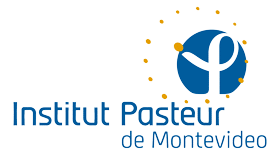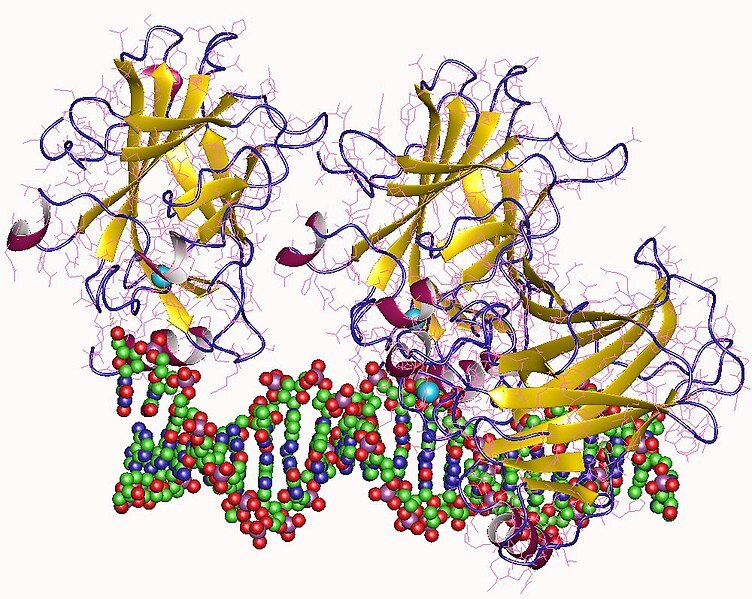Researchers from the Institut Pasteur de Montevideo, Facultad de Ciencias (Udelar) and the French National Institute for Health and Medical Research are studying a key protein that can help fight cancer.
“Throughout life, many of the body’s cells are born, multiply, age and die. The multiplication (or division) of cells is essential to replace those that are dying and to replace those that suffer damage,” explained Ignacio López, a researcher at the Cell Biology Unit of the Institut Pasteur de Montevideo and Facultad de Ciencias.
Each cell has a “brake” that regulates this multiplication. Without these brakes, cell multiplication would go unchecked and could allow malfunctioning or damaged cells to spread, which often occurs in cancer.
The brakes work thanks to genes, which contain information to produce proteins, which then tell the cell when to start or stop cell division. However, when these proteins lose their function – for example, due to a mutation – the cells do not know how to stop, so they can begin to multiply uncontrollably and contribute to the development of cancer. This is why scientists are investigating one of the proteins involved in the process, p53.
“We are interested in analyzing it, because it has been observed that more than half of cancer patients have mutations in p53, which partly explains the development of the disease,” said Irene Larghero, a researcher at the Biochemistry Section of the Facultad de Ciencias, in a video that belongs to a cycle of scientific explanations prepared by the Axon communication agency.
“In our research, we do not work with patients, but study the protein itself using tools and knowledge from disciplines such as biochemistry and cell biology,” Larghero emphasized.
Knowing more about how the p53 protein acts through these disciplines could generate useful information to eventually prevent the multiplication of diseased cells and thus contribute to fighting cancer.
The complete series of videos called “What if I told you…” can be viewed here.


